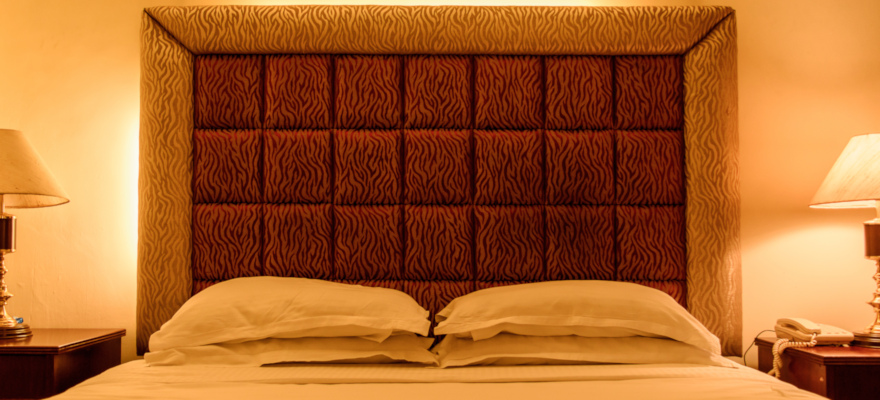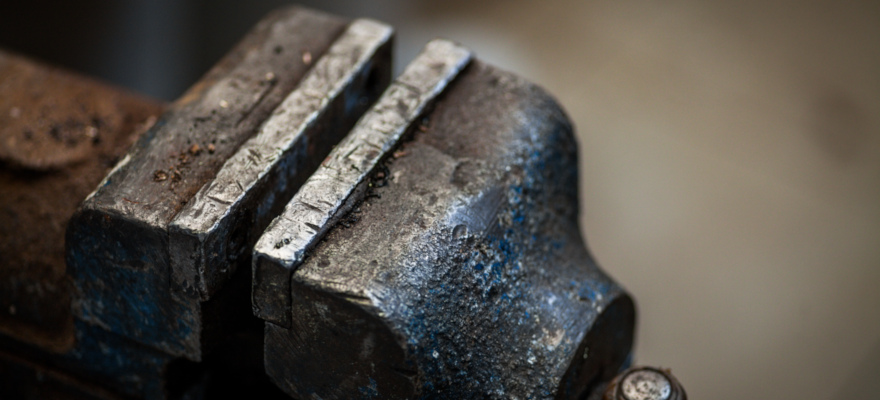(Part 1 of the blog series about headaches)
More than half of headache patients suffer from tension headaches. Constant muscle tension in the neck affects the muscles in the skull. They are characterized by pressing or pulling pains that spread from the neck over the head to the forehead.
The main cause is poor posture, for example when working at a computer screen. Other causes that put a lot of strain on the eyes or ears also lead to unbalanced muscles in the neck. For example, incorrectly adjusted spectacle strengths. Regular negative stress is also considered a trigger for tension headaches. Rarer causes can be injuries to the cervical spine after an accident or scars, for example. Poor sleep hygiene acts as an amplifier for tension headaches.

The constant tension of the muscles in the neck leads to muscle fatigue and subsequently to muscle pain.
Sustainable treatment of tension headaches requires a precise analysis of the head and body posture. The head and upper cervical spine react very sensitively to incorrect posture or misalignments in the spine and pelvis. This is because when posture changes, the head must always be aligned so that the eyes are in a horizontal line. The price for this constant strain is pain.
Tension headaches can occur together with ringing in the ears, dizziness or blurred vision. Sometimes patients also complain of breathing or digestive problems. Severe muscle tension can lead to shoulder pain or discomfort in the arms.
What can you do for tension headaches?

Learn to relax.
In its simplest form, relaxation means taking time for yourself. Everyone knows things that generate positive attention. Even planning and preparing a healthy meal should be associated with positive thoughts. If you are no longer able to relax of your own accord, there are many offers to help you. Hypnosis can be used to generate positive attention quickly and effectively. Relaxation techniques such as massage or yoga can also reduce stress and tension.

Check your sleep hygiene.
Ensure the best conditions for restful sleep by making your bedroom dark and quiet at night. You should also maintain a comfortable temperature in your room and make sure the bed is comfortable for you. Avoid heavy food, caffeine, alcohol or nicotine before going to bed. These substances can affect your sleep quality. The sleep-wake rhythm can be disturbed by inappropriate lighting. Pay attention to white light at your workplace during the day and a light with a lot of red in the evening. Also adjust the color temperature of the screens accordingly (many systems have an app for this). Pillows have a major influence on head posture and the tension of the cervical spine. Pillow manufacturers often advertise pillows with attributes such as “healthy” or “natural”. These statements are worthless when it comes to assessing whether these advertised pillows offer you personally sustainable sleep.

Sport can help or harm tension headaches.
The choice of sport is particularly important. For tension headaches, it is best to choose endurance sports such as jogging, cycling or swimming. This type of sport promotes blood flow to the brain and ensures that the body produces more endorphins. Endorphins are the body’s own painkillers that relieve pain. This allows you to return to your normal everyday life. You should also take regular short breaks and relax for a few minutes after work.
How can osteopathy help?
An analysis of lifestyle habits is important to determine risk factors. An osteopath can help you to identify the causes. During a check-up, the upper cervical joints and the spine are examined in detail. The position of the pelvis and the leg axes are also examined. Other chronic illnesses, eating habits and digestive problems as well as stress and sleeping habits also play a role. It is often necessary to treat neck and shoulder tension in patients with tension headaches.

